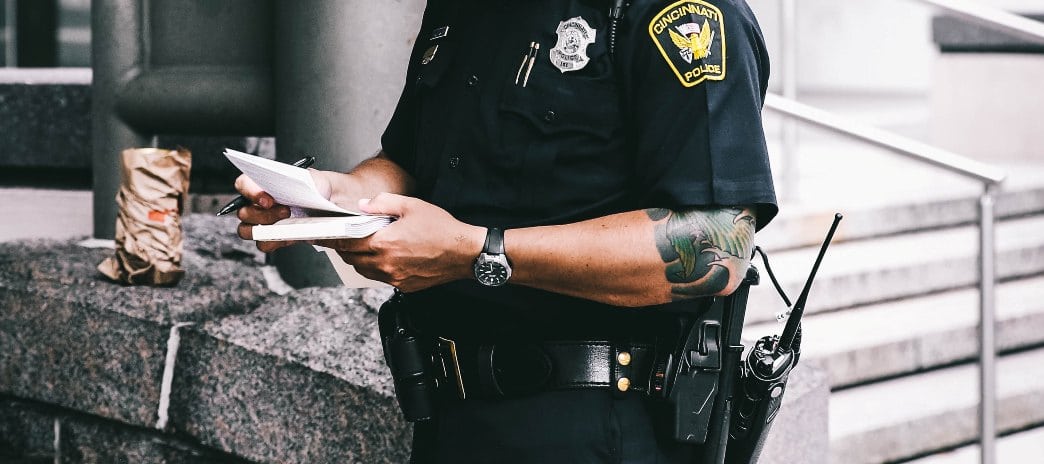Table of Contents - Jump Ahead:
Not every crime is equal when we consider their consequences. Some are more detrimental to society as a whole, like mass shootings or a terrorist attack. Others are relatively minor by comparison in terms of their effects, such as DUI or retail theft. This is why crimes are often divided into different categories to expedite criminal proceedings and ensure that people are punished according to the severity of their offense.
2 Main Categories of Criminal Offenses:
Felonies
Crimes of a serious nature are tried as felonies where a conviction results in harsh punishments with fewer options of bail for the defendant. Felonies are divided into four classes 1 – 4, A – D. Some states identify different classes like Missouri that has a “class E” to address habitual DWI offenders, or Illinois with a fifth “class X” that is reserved for the most severe of punishments. Additionally, some states refer to different classes of crimes as different “levels” and Texas classifies some felonies as “state jail felonies”.
For each class of felony there is a minimum and maximum term of punishment that can be imposed by the court. For example a charge of armed burglary may be tried as a Class 2 felony for some states. It usually has a term of 3 – 10 years in prison which means that the judge must sentence the defendant to a minimum of 3 years in case of conviction. The judge may not impose a punishment of more than 10 years for defendant if the charges against him/her are proved in court.
Class X felony is reserved for first and second degree murder charges in Illinois, reckless homicide or crimes of violent and sexual nature against children. For Class X felonies, punishment terms are usually from 6 – 30 years or life imprisonment. States with capital punishments may also sentence the defendant with the death penalty.
Misdemeanors
Misdemeanors are relatively minor crimes that do not result in significant damage to a person or the state. For most states, misdemeanors are categorized as Class A, B or C. The maximum punishment under a misdemeanor conviction is one year in prison. The defendant can usually avail probation where they do not have to spend any time in jail.
Misdemeanor charges are usually brought against defendants for non-violent offenses, such as retail theft, assault without battery or damage to a property that does not cause injury to anyone.
Common Misdemeanors
Since misdemeanors are usually the least impactful in terms of criminal prosecution and victim impact, they are also the most common in terms of arrest rates. Some states escalate misdemeanors if the accused has been charged and convicted multiple times for the same, or similar offense (also known as an “habitual offender”). In these situations a misdemeanor may require the maximum consequence by law if convicted, or be converted into a felony.
- Petty theft
- Prostitution
- Public intoxication
- Simple assault
- Disorderly conduct
- Trespassing
- Vandalism
- Reckless driving
- Possession of cannabis
Probation and Parole
People who are familiar with criminal proceedings may have heard of the terms probation and parole. These are special procedures that allow convicts to avoid jail time and get supervision instead of getting incarcerated.
A defendant who has been convicted by the court for an offense may request probation through his/her lawyer. If the request is granted by the court, the person is put under the supervision of a probationary officer and sent back to live in their community.
Parole is applicable in cases where the convicted person has already served a portion of their punishment in jail. Apart from severe felonies, the majority of punishments are subject to parole after the inmate has served 50% – 85% of his/her sentence.
Actions to Take In Case of Criminal Charges
If you have been charged with a felony or misdemeanor offense, the first thing you should consider doing is enforcing your Fifth Amendment “right to remain silent” and refuse to give any statement to a law enforcing agency until you’d consulted with an experienced criminal defense lawyer. The Fifth Amendment protects citizens from giving testimony against themselves and every arrested person has the right to remain silent.


































